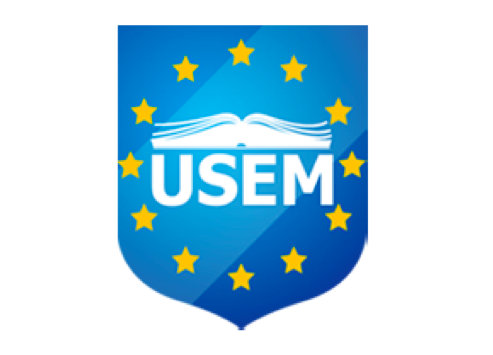Vector European
European Vector
Publishing House: Universitatea de Studii Europene din Moldova
Subject(s): Politics / Political Sciences, Politics, Social Sciences, Economy, Supranational / Global Economy, Political Sciences, Civil Society, Public Administration, EU-Accession / EU-DEvelopment, Accounting - Business Administration, Marketing / Advertising, Socio-Economic Research, Geopolitics, Corruption - Transparency - Anti-Corruption
Frequency: 2 issues
Print ISSN: 2345-1106
Status: Active
- 2021
- Issue No. 01
Articles list
{{ article.TitleOriginalLanguage }}
{{ article.TitleOriginalLanguage }}
({{ article.TitleEnglish }})
- Publication: {{ article.Publisher }} ({{ article.Issue }})
- Author(s): {{ article.Authors }}
- Contributor(s): {{ article.Contributors }}
- Language: {{ article.Language }}
- Subject(s): {{ article.Subjects }}
- Issue: {{ article.Issue }}
- Page Range: {{ article.PageRange }}
- No. of Pages: {{ article.NumberOfPages }}
- Keywords: {{ article.Keywords }}
- Summary/Abstract: {{ article.SummaryAbstract }}
- Price: {{ common.currency(article.Price) }}
Short Description
Scientific Journal of European University of Moldova "European vector" was launched in 2014 as a projection of a scientific forum that promotes the value of different opinions, sometimes diametrically opposed on the current state of society. The spectrum is extremely broad issues discussed. Special attention is given to elucidate the theoretical and practical problems of socio-economic sciences and humanities through the European vector aspirations in the European Research Area for citizens. The scientific journal contains articles by prominent PhD specialists from Moldova as from abroad, followers of different visions that are exposed active on the processes taking place in the political, economic and social development of the country. Also, the journal is a good opportunity for graduate and doctoral students wishing to gain experience in research and express their views on relevant issues. Through the journal "European vector" they can express their views on various current issues in the economic sphere, modern international relations, law, psychology and pedagogy, linguistics and communication, diversifying the range of problems addressed.

